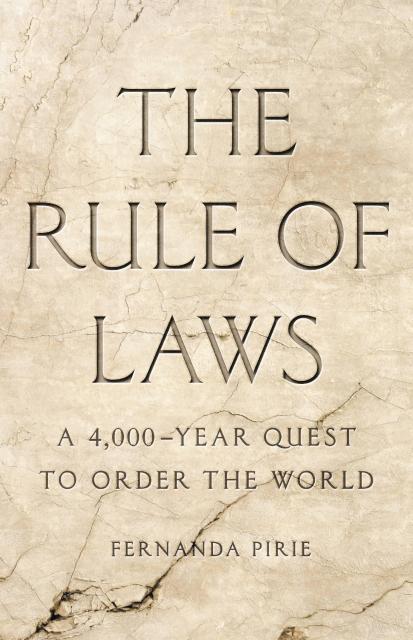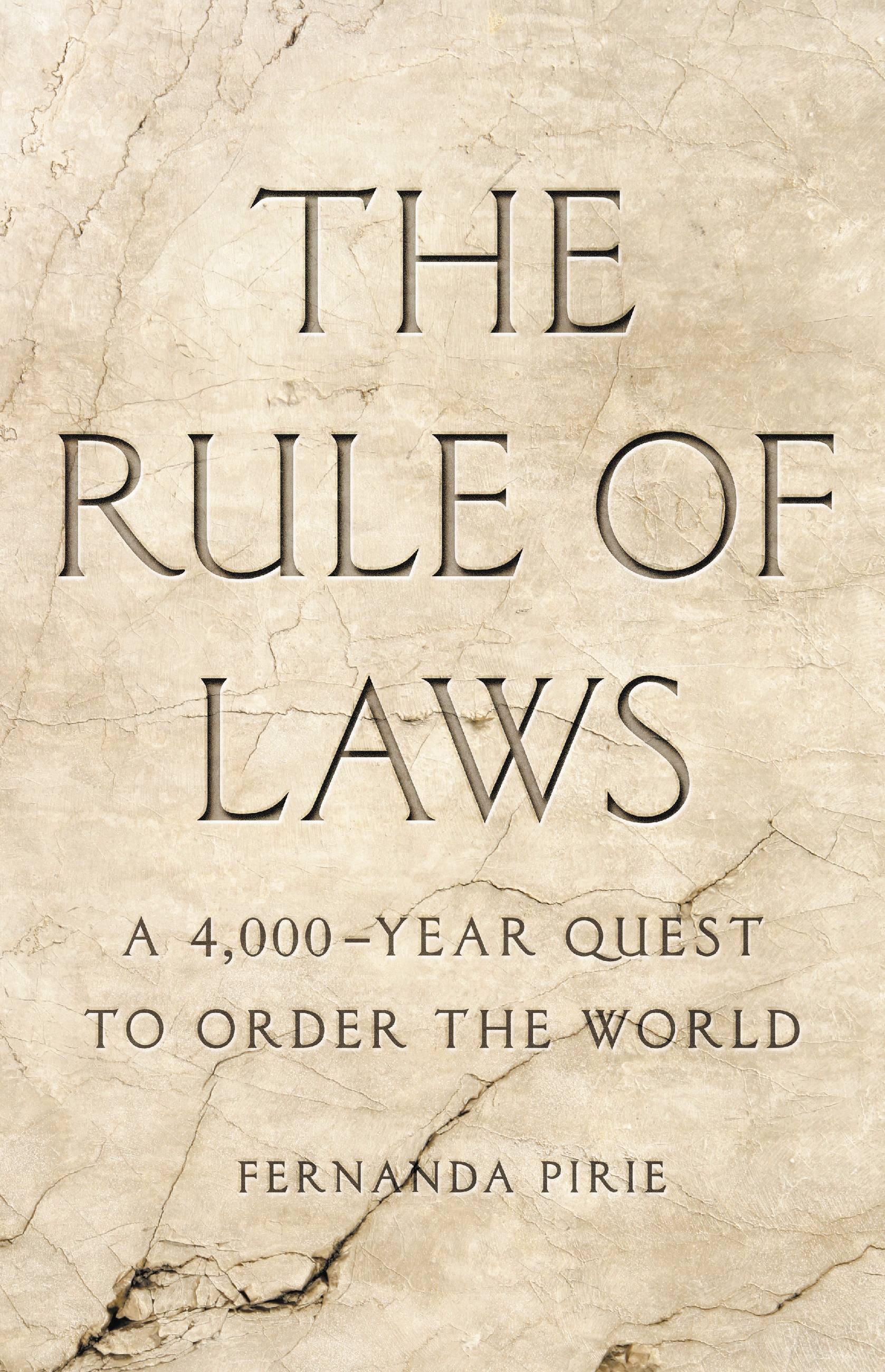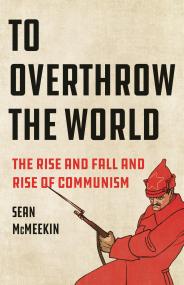By clicking “Accept,” you agree to the use of cookies and similar technologies on your device as set forth in our Cookie Policy and our Privacy Policy. Please note that certain cookies are essential for this website to function properly and do not require user consent to be deployed.
The Rule of Laws
A 4,000-Year Quest to Order the World
Contributors
Formats and Prices
- On Sale
- Nov 9, 2021
- Page Count
- 576 pages
- Publisher
- Basic Books
- ISBN-13
- 9781541617957
Price
$17.99Price
$22.99 CADFormat
Format:
- ebook $17.99 $22.99 CAD
- Hardcover $35.00 $44.00 CAD
- Audiobook Download (Unabridged) $38.99
- Trade Paperback $22.99 $29.99 CAD
Buy from Other Retailers:
Rulers throughout history have used laws to impose order. But laws were not simply instruments of power and social control. They also offered ordinary people a way to express their diverse visions for a better world.
In The Rule of Laws, Oxford scholar Fernanda Pirie traces the rise and fall of the sophisticated legal systems underpinning ancient empires and religious traditions, while also showing how common people—tribal assemblies, merchants, farmers—called on laws to define their communities, regulate trade, and build civilizations. Although legal principles originating in Western Europe now seem to dominate the globe, the variety of the world’s laws has long been almost as great as the variety of its societies. What truly unites human beings, Pirie argues, is our very faith that laws can produce justice, combat oppression, and create order from chaos.
Genre:
-
“In the course of her survey, Ms. Pirie, a professor of legal anthropology at Oxford, takes us on many an intriguing legal byway… [An] exceptionally rich narrative…”Wall Street Journal
-
"In this panoramic history, Pirie tells the story of the rise and fall of systems of law across the civilizations, empires, and societies of the ancient and modern world."Foreign Affairs
-
"An ambitious account of the rise and fall of the world's great legal systems...richly informative and consistently thought-provoking...Fernanda Pirie's work will command, and deserve, a wide readership."Times Literary Supplement
-
“[Pirie’s] collection of stories offers a comprehensive insight into how civilizations were founded and ruled… Furthermore, it bolsters our appreciation for the laws at our civilization’s foundational structure.”Roanoke Times
-
“A valuable study for students of the law and its evolution over the millennia."Kirkus Reviews
-
“An intriguing synthesis of the history of global legal codes and their origins.”Library Journal
-
"The Rule of Laws is a fascinating, comprehensive study that forces us to think again about what law is, and why it matters. Far from being a dry set of rules, Fernanda Pirie argues, law is nothing less than a way of creating order and civilization. For those who want to understand why human society has emerged as it has, this is essential reading.”Rana Mitter, University of Oxford
-
"The Rule of Laws offers a pathbreaking and stimulating account of how societies across different regions and epochs drew upon secular, sacred, and scholarly traditions to create laws that organized the lives of their citizens. Pirie leads readers across five millennia to show the diverse and sophisticated legal systems developed in states across Europe, Africa, Asia, and the Americas before explaining how the European-derived legal structures of our time achieved a rather unlikely and historically anomalous global dominance. This expansive narrative challenges what we think we know about legal history and the assumptions we make about law’s future.”Edward J. Watts, author of Mortal Republic: How Rome Fell into Tyranny
Newsletter Signup
By clicking ‘Sign Up,’ I acknowledge that I have read and agree to Hachette Book Group’s Privacy Policy and Terms of Use







